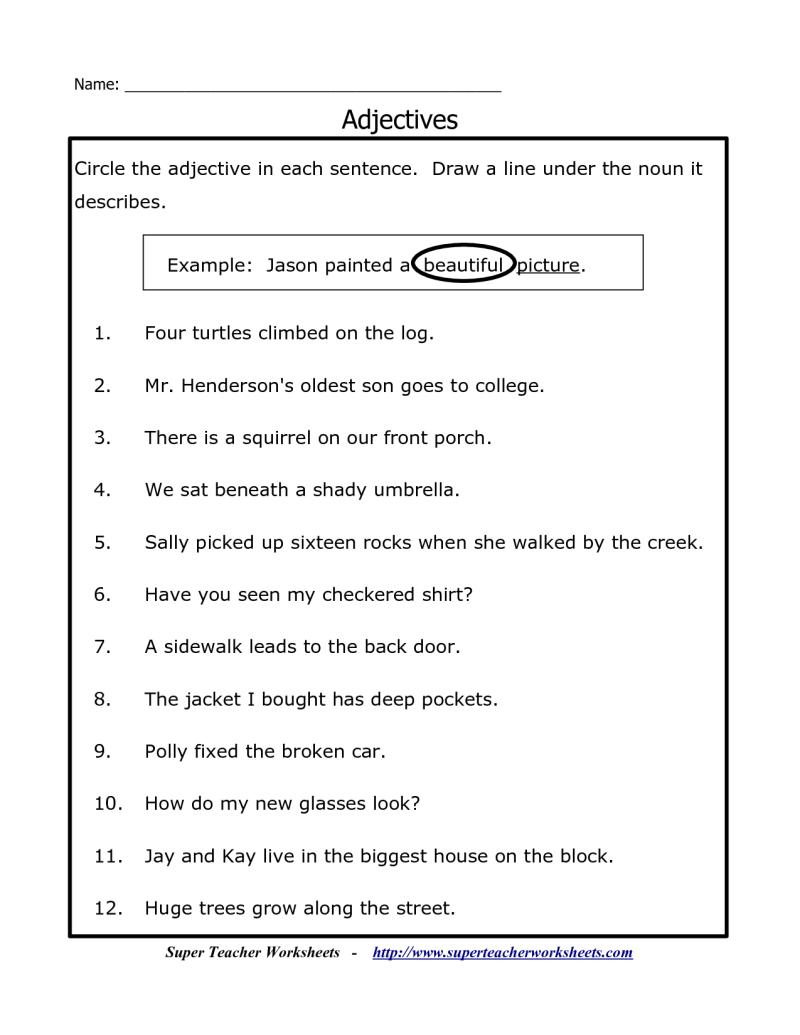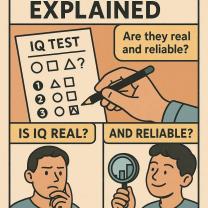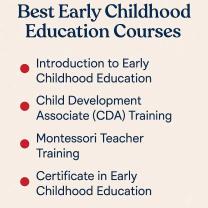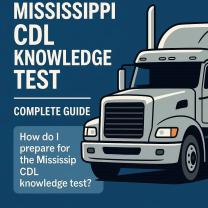Are nouns learned before verbs?
In language development, the sequence of learning nouns before verbs is a common pattern, especially during the early stages of language acquisition. This pattern is often observed in both first language acquisition and second language learning.
First Language Acquisition (Infants and Toddlers):
- Infants typically start by learning and recognizing concrete, tangible objects, which are often nouns. These early nouns often represent familiar items in their environment, such as "mom," "dad," "ball," or "milk."
- As toddlers progress in language development, they begin to incorporate verbs into their vocabulary. They learn action words that describe activities or movements, such as "eat," "play," or "run."
Second Language Learning:
- When individuals are learning a second language, especially in a formal educational setting, the early focus is often on acquiring vocabulary related to objects and people, which are predominantly nouns.
- As learners become more proficient, they then expand their vocabulary to include verbs, adjectives, and other parts of speech to construct more complex sentences.
While this pattern is common, it's essential to note that language acquisition is a dynamic and individual process. Some variation exists, and different factors, including the learning environment, exposure to the language, and individual differences, can influence the order in which learners acquire specific language components.
Ultimately, both nouns and verbs are integral parts of language, and they work together to convey meaning and express thoughts. The sequence of learning nouns before verbs is a general trend, but it's not a strict rule, and individuals may progress through language acquisition at their own pace.
Is there a typical sequence in which children learn nouns before verbs in language development?
Yes, there is a typical sequence in which children learn nouns before verbs in language development. This is because nouns are typically easier for children to learn than verbs. Nouns are concrete objects that children can see, touch, and hear. Verbs, on the other hand, are more abstract and can be more difficult for children to grasp.
How do infants and toddlers acquire language skills, and what are the stages of noun and verb acquisition?
Infants and toddlers acquire language skills through a process of exposure and interaction. They start by listening to the language that is spoken around them. As they get older, they start to produce their own words and phrases.
The stages of noun and verb acquisition typically follow this sequence:
- Babbling: Infants start babbling around 6 months of age. Babbling is a way for infants to practice making sounds and experimenting with language.
- Holophrases: Around 12 months of age, infants start to use holophrases. Holophrases are single words that are used to express multiple meanings. For example, an infant might say "ball" to mean "I want the ball" or "Look at the ball."
- Two-word utterances: Around 18 months of age, infants start to use two-word utterances. Two-word utterances are typically noun-verb combinations, such as "Mommy go" or "Eat apple."
- Complex sentences: Around 24 months of age, children start to use complex sentences. Complex sentences include multiple clauses and more complex grammatical structures.
Are there cultural or individual variations in the order of learning nouns and verbs?
Yes, there can be cultural or individual variations in the order of learning nouns and verbs. For example, some cultures place a greater emphasis on verbs than nouns. In these cultures, children may learn verbs earlier than nouns.
Individual differences can also play a role in the order of learning nouns and verbs. Some children may learn nouns more easily than verbs, while other children may learn verbs more easily than nouns.
What factors influence the learning progression of language components like nouns and verbs?
A number of factors can influence the learning progression of language components like nouns and verbs. These factors include:
- Exposure to language: The amount of exposure that children have to language will influence their language development. Children who are exposed to more language will typically develop language skills more quickly than children who are exposed to less language.
- Interaction with caregivers: Children learn language best through interaction with their caregivers. Caregivers can support language development by talking to their children, reading to them, and playing with them.
- Cognitive development: Children's cognitive development also influences their language development. Children who are more cognitively developed are typically better able to learn and understand language.
- Sensory development: Children's sensory development also influences their language development. Children who are able to see, hear, and touch objects are better able to learn the names of those objects.
How can parents and educators support language development for children learning nouns and verbs?
Parents and educators can support language development for children learning nouns and verbs by:
- Talking to children often: Parents and educators should talk to children throughout the day about what they are doing and seeing. This will help children to be exposed to more language.
- Reading to children: Reading to children helps them to learn new vocabulary and to develop their listening comprehension skills.
- Playing with children: Playing with children helps them to develop their language skills in a fun and engaging way.
- Providing feedback: Parents and educators should provide feedback to children when they use language correctly. This will help children to learn and improve their language skills.
By following these tips, parents and educators can help children to develop their language skills and learn nouns and verbs in a fun and supportive environment.













